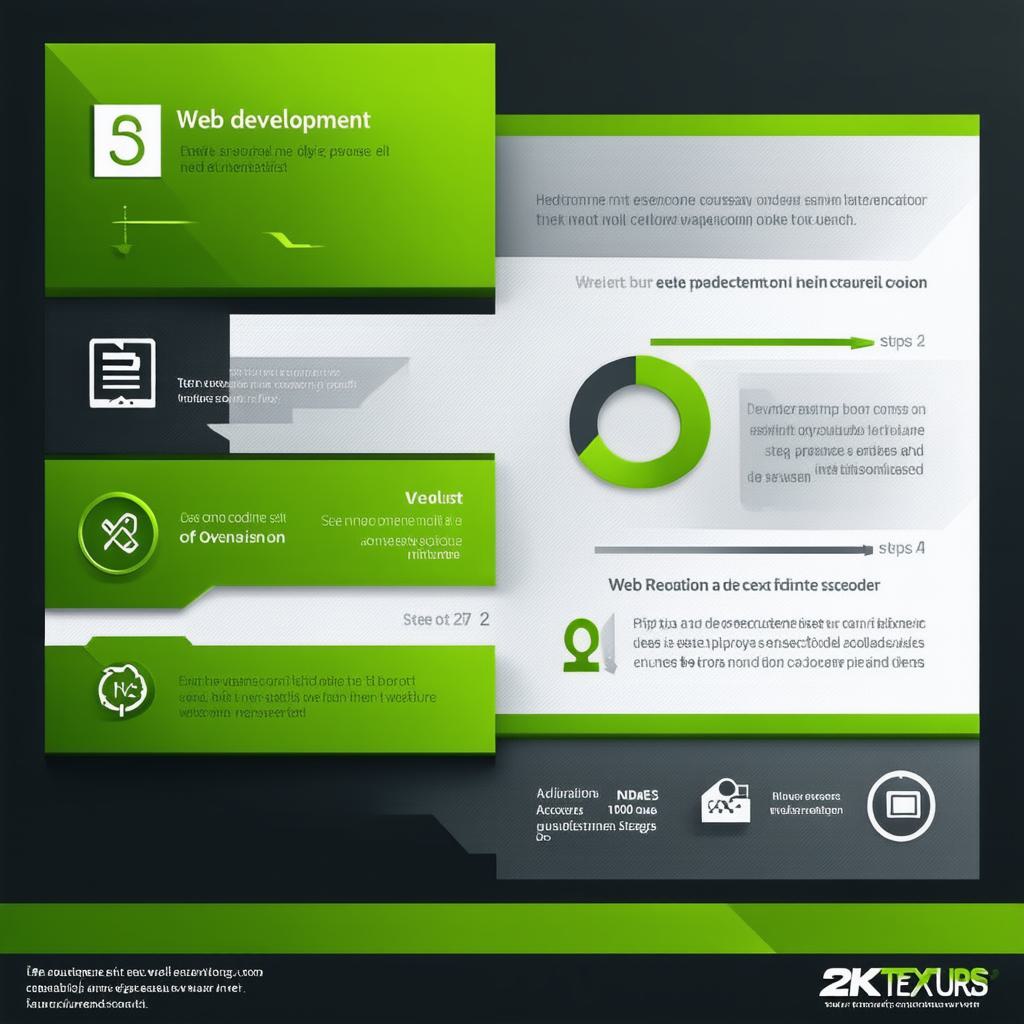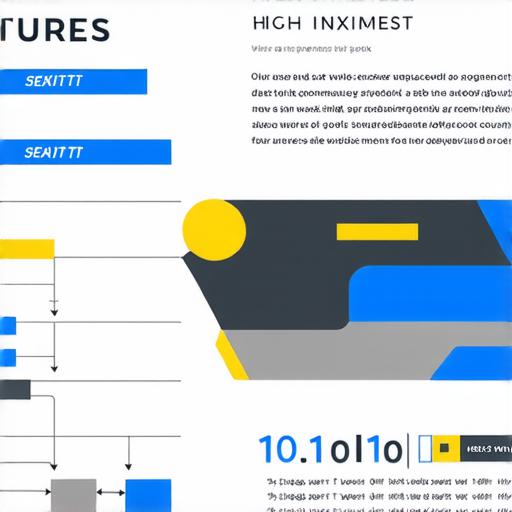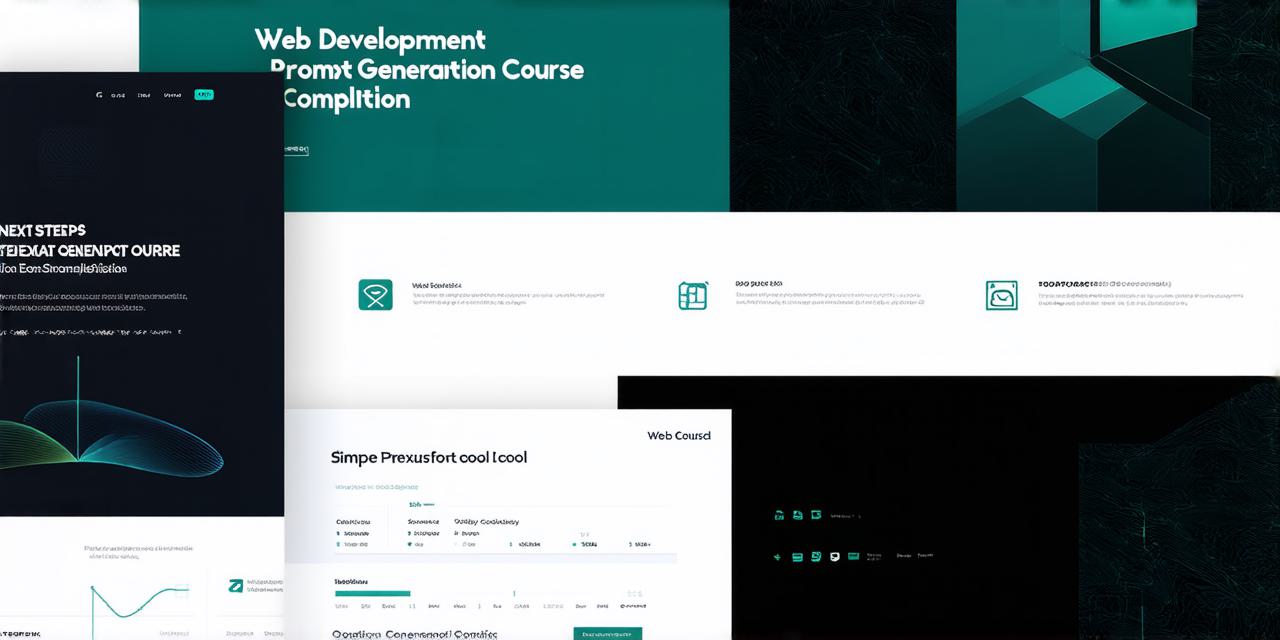
1. Building a Portfolio
A portfolio is your digital resume, showcasing your skills and abilities to potential employers. Include projects from your coursework, personal projects, and any collaborations. Make sure your portfolio is well-organized, easy to navigate, and reflects your unique style as a developer.
Consider adding explanations for each project, detailing the technologies used, challenges faced, and solutions implemented.
2. Networking
Networking is crucial in the tech industry. Attend local meetups, join online communities like GitHub, Stack Overflow, or Reddit, and connect with professionals on platforms like LinkedIn. Remember, it’s not just about what you know, but who you know.
Engage in discussions, ask questions, and share your knowledge to build relationships and establish yourself as a valuable member of the community.
3. Continuous Learning
The tech world is constantly evolving. Stay updated by reading industry blogs (such as Smashing Magazine, CSS-Tricks, or freeCodeCamp), attending webinars, and participating in coding challenges on platforms like HackerRank, CodeSignal, or LeetCode.
Consider specializing in a specific area, such as full-stack development, front-end development, or back-end development, to become an expert in your chosen field.
4. Freelancing
Freelancing can be a great way to gain real-world experience and build your portfolio. Start small with simple projects, then gradually take on more complex tasks as you gain confidence and expertise.
Websites like Upwork, Freelancer, and Fiverr offer freelance projects. You can also reach out to businesses directly, offering your services for website maintenance, updates, or new development projects.
5. Job Applications
When applying for jobs, tailor your resume and cover letter to each position. Highlight your relevant skills and experiences, and explain how you can contribute to the company’s success.
Research the company thoroughly, understanding their mission, values, and the technologies they use. This will help you tailor your application and demonstrate your enthusiasm for the role.
6. Interview Preparation
Prepare for interviews by researching common questions, practicing responses, and understanding the technologies the company uses. Be ready to discuss your portfolio projects in detail and demonstrate your problem-solving skills.
Consider creating a list of potential interview questions to help you prepare effectively.

FAQs:
What skills should I focus on after completing a web development course? Focus on mastering front-end and back-end technologies, databases, and version control systems like Git. Additionally, familiarize yourself with popular frameworks such as React, Angular, or Vue.js, and learn about server-side languages like Node.js or PHP.
How can I find freelancing opportunities? Websites like Upwork, Freelancer, and Fiverr offer freelance projects. You can also reach out to businesses directly, offering your services for website maintenance, updates, or new development projects.
What should I do if I’m rejected during the job application process? Don’t be disheartened. Learn from the experience, improve your skills, and apply again. Every rejection brings you one step closer to success. Take this opportunity to reflect on your application and interview performance, identify areas for improvement, and make adjustments accordingly.
